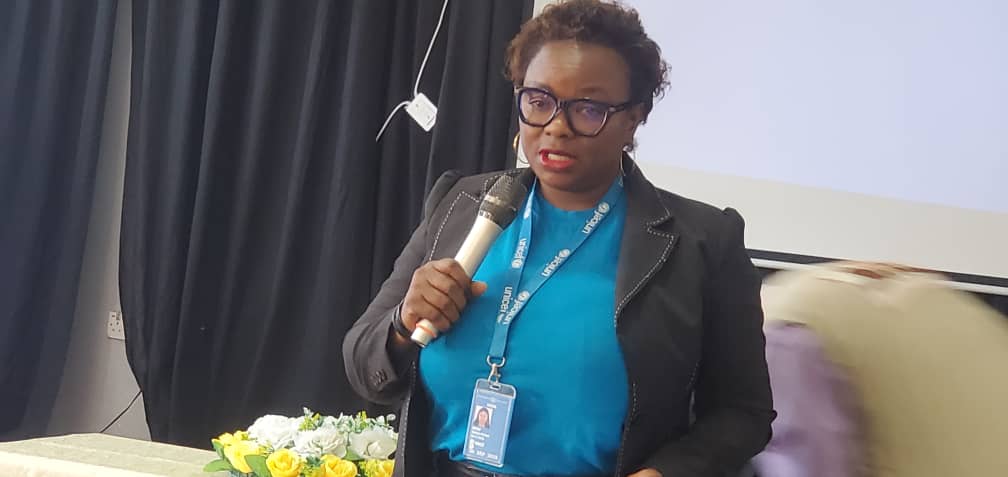From Tongnaan Bawa, Jos
Plateau State Government has adopted a comprehensive Faecal Sludge Management (FSM) strategy, with support from UNICEF and key sanitation experts as part of efforts to improving public health, environmental sustainability and eliminate open defecation in the state.
This came to lime light during a stakeholders’ engagement held in Jos, aimed at facilitating the adoption and implementation of the FSM strategy across the state.
Speaking at the engagement, the Commissioner for Water Resources and Energy, Alhaji Bashir Lawandi Datti, represented by the Director of Administration in the ministry, Gonzaga Pam Badung, said the new strategy is critical to addressing the challenges of faecal waste management in the state
“The growing population in both rural and urban areas demands a sustainable and inclusive approach to sanitation. We are committed to raising awareness, fostering collaboration, and mobilising collective action to ensure effective implementation of the FSM strategy,” he said.
He called on all stakeholders to support the strategy, describing it as essential to protecting public health and improving the dignity of living conditions in communities across the state.
Also speaking, the General Manager of the Plateau State Rural Water Supply and Sanitation Agency (RUWASSA), Engineer Godfrey Nuhu Dashubar, said the state was already taking steps to improve faecal sludge handling even before the formal adoption of the strategy.
“We had made significant progress during our initial collaboration with UNICEF in Riyom and Shendam, but after that partnership ended, we experienced some setbacks. I later re-engaged with the UNICEF Bauchi Field Office to revive our partnership, and that’s what has brought us here today. RUWASSA is now working with relevant stakeholders, including local governments, to implement the FSM strategy,” he stated.
Engineer Dashubar added that all future public sanitation facilities in the state would include features for persons with disabilities, in line with the goal of ensuring inclusive sanitation.
The Chief of Field Office, UNICEF Bauchi, Dr. Nuzhat Rafique, represented by WASH Officer, Nanbam Dawap, said the successful adoption and implementation of the FSM strategy would play a major role in achieving Open Defecation Free (ODF) status in Plateau.
“Without a proper FSM system in place, the dream of becoming open defecation free will be difficult to realise. Open defecation continues to affect public health, especially for children, and contributes to disease outbreaks in underserved communities,” she said.
She reaffirmed UNICEF’s commitment to supporting efforts aimed at reducing the impacts of poor sanitation, flooding, and water scarcity, particularly among women and children.
In his presentation, Professor Ponchang Wuyep of the WASH Institute, University of Jos, said FSM involves the safe collection, transportation, treatment, and reuse or disposal of human waste, particularly in areas without central sewer systems.
“Effective management of faecal waste is essential for both public health and environmental protection. If properly harnessed, FSM can also support agriculture and economic development through recycling and resource recovery,” he noted.
Professor Wuyep advocated for a shift from traditional sanitation models to circular systems that treat faecal waste as a valuable resource rather than waste.
Our correspondent reports that the engagement featured contributions from other stakeholders who stressed the need for improved funding, stronger policy enforcement, and community involvement to achieve the goals outlined in the FSM.
The event also brought together representatives of government ministries, development partners, traditional institutions, the media, and sanitation experts.

